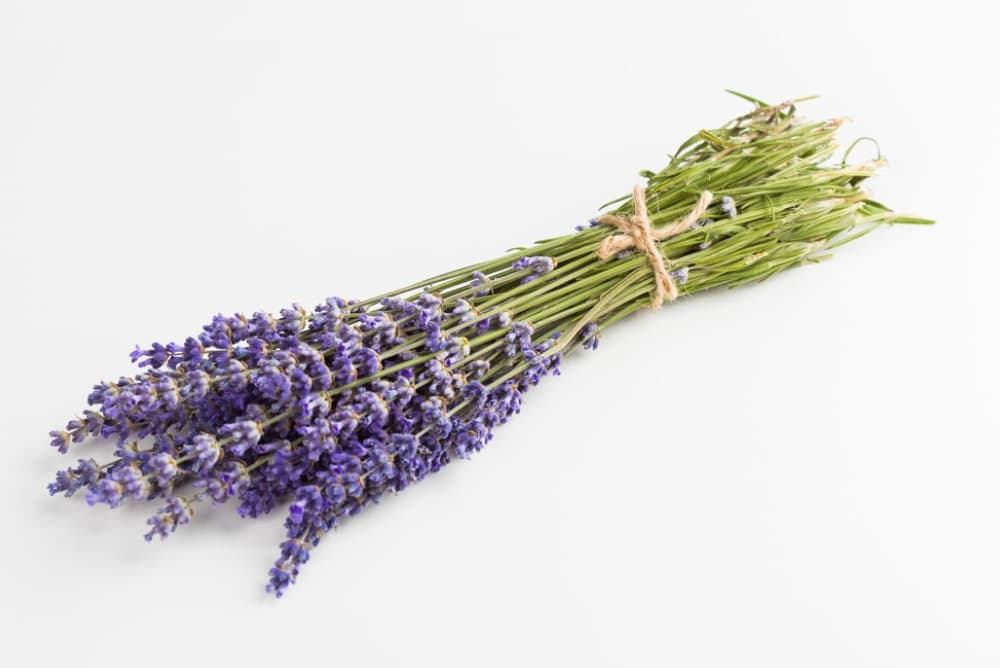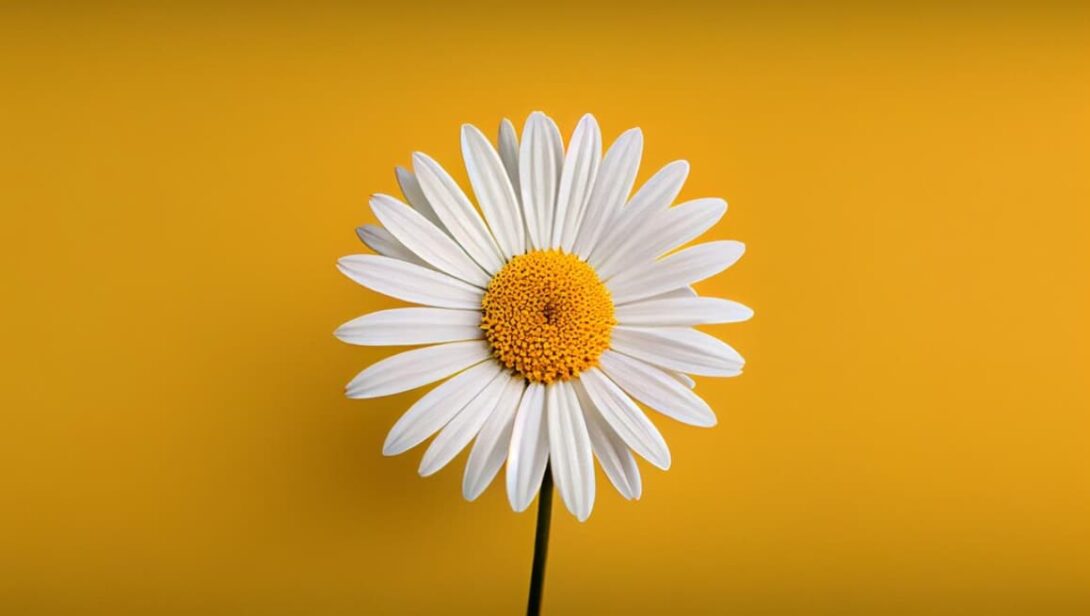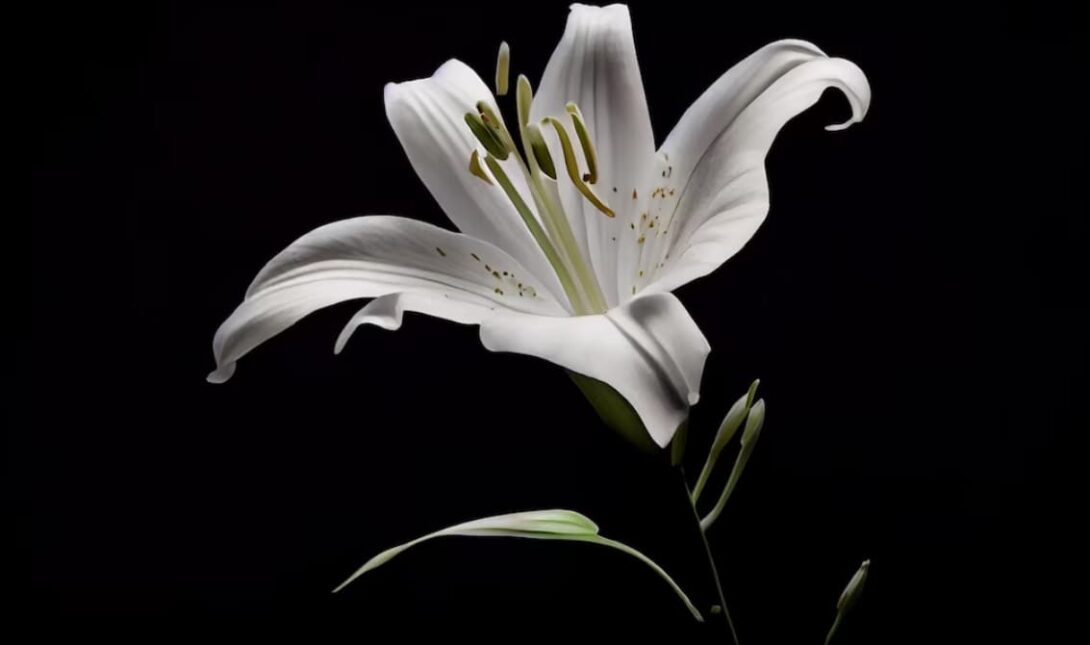Undoubtedly, flowers hold an enchanting power. They are emblems of our deepest memories and milestones, eliciting the widest smiles in a heartbeat. Flowers serve as eloquent messengers in moments when words fail us or distances keep us apart. They are a heartfelt sign of affection and care. Amidst the upheaval of the pandemic, these blooms have become symbols of unexpected joy in an otherwise somber chapter of our lives, offering brief respites of peace and beauty.
For me, the simple act of delivering floral gifts during these trying times has been a source of immense happiness. Witnessing the delight and astonishment on someone’s face as they receive a surprise bouquet is truly invaluable.
This period of crisis has also prompted reflection on our emotional health and life choices. It’s encouraged us to contemplate our relationships, how we spend our moments, and the importance of self-care. Perhaps, in a strange way, it’s been a catalyst for introspection and appreciation of the simpler things in life. Transitioning from the health benefits of Wellness Flowers, our next article provides practical advice on how to pick the right flowers for your wedding day.
The Therapeutic Efficacy of Blooms
The enchantment of flowers extends well beyond the initial joy of their receipt or the opening of a box, surpassing the mere aesthetic enhancement of a space. Their presence can sustain a buoyant spirit, mitigating anxiety, diminishing feelings of depression, and facilitating quicker convalescence.
Historically, flowers have woven their way into medicinal practices and herbal concoctions, offering remedies for a plethora of conditions. Numerous flowers can be consumed or brewed into herbal teas, tapping into their remarkable restorative properties.
The Euphoric Effect of Blooms in Nature
Nature’s most flamboyant creations lift our spirits by stimulating the brain’s production of happiness-inducing neurotransmitters: Dopamine, Serotonin, and Oxytocin, which grant both immediate and enduring contentment.
- Dopamine – Often referred to as the ‘reward chemical,’ it elevates our sense of pleasure and satisfaction;
- Serotonin – This neurotransmitter acts as a stabilizer, enhancing our sense of well-being and contentment;
- Oxytocin – Known as the ‘love hormone,’ it fosters feelings of trust, bonding, and compassion.
Some theories trace these reactions back to our ancestral roots. In ancient times, when humans depended on nature’s cycles for sustenance, the sight of flowers heralded the end of a lean winter and the promise of upcoming abundance. It’s plausible that our inherent delight in witnessing the first signs of spring and the blossoming of trees as harbingers of summer is a vestige of these primal associations.
In an era where digital screens dominate much of our time, it’s increasingly essential to immerse ourselves in nature and to integrate natural elements into our living spaces for their multitude of advantages. This connection can be fostered through gardening, cultivating indoor plants, or simply by adorning our surroundings with flowers.
The Optimal Blooms for Holistic Health
Curious about which blooms best enhance overall well-being? First and foremost, consider the flower’s purpose and its cultivation methods. It’s critical to consume flowers only if you are certain of their origin and that they’ve been grown without harmful substances. If there’s any doubt, consult with your supplier or florist.
With this precaution in place, here are some recommendations:
The Influence of Color
The hues of flowers have distinct impacts on our emotions.
- Pink soothes, yellow evokes warmth and cheer, red ignites self-assurance, passion, and bravery, and green brings a sense of tranquility and connection to the earth;
- Each color communicates a unique message. For a comprehensive boost of happiness, opt for a bouquet with a spectrum of colors.
The Serenity of Lavender

Lavender is celebrated for its tranquilizing fragrance and is often used in essential oils for relaxation and stress relief. It can alleviate anxiety and assist those struggling with sleep. A petite arrangement or a sachet of dried lavender can be the key to a serene atmosphere.
Personalized Floral Preferences
Have you ever pondered which bloom holds a special place in your loved one’s heart? It could be a variety they cherish from their own garden or one you’ve noticed they admire in yours. Whether it’s the elegance of peonies, the brightness of daffodils, the grace of tulips, the classic beauty of roses, the cheerfulness of yellow blossoms, or the natural charm of wildflowers, gifting a flower that resonates with them adds a deeply personal touch that is guaranteed to draw a delighted smile.
The Versatile Rose
Roses, adored globally for their varied forms and sizes, have the power to evoke cherished memories with just their fragrance.
- Surprisingly, they are also rich in Vitamin C;
- During the Second World War, roses were converted into syrup to boost the health of soldiers and to offer relief from respiratory ailments;
- Additionally, roses are utilized for their anti-inflammatory properties and to alleviate joint discomfort.
Truly remarkable, aren’t they?
The Calming Chamomile

Chamomile may be petite, but it’s a powerhouse with its wildflower allure and numerous health benefits. The scent of chamomile flowers is known to influence the brain in ways that diminish stress and tension. Commonly used to promote sleep and relaxation, chamomile also helps with cold symptoms, menstrual pain, and digestive issues, making it an exceptionally beneficial and endearing flower.
The Versatile Fennel
Fennel is a treasure trove of healthful attributes, packed with antioxidants, anti-inflammatory, and antibacterial properties.
- It’s a staple in natural medicine for alleviating digestive discomforts like bloating, gas, and cramps;
- Beyond its health benefits, fennel flowers add an adorable touch to any garden;
- This plant is entirely edible, from its seeds to its blooms, feathery leaves, stalk, and bulb, making it a delightful and nutritious addition to various culinary creations.
The Air-Purifying Peace Lily

Incorporating plants into your living space is a wonderful way to invite nature inside and enhance your mood. The peace lily goes a step further, being one of the top contenders in air purification. It’s believed to enhance indoor air quality by as much as 60%, offering a significant breath of fresh air and serving as an ideal living present for any home or office.
The Eucalyptus Effect
While not a flower, eucalyptus is exceptional for its multitude of health benefits. Its oil is a common component in remedies ranging from dental care to wound healing and even as an insect repellent.
- Eucalyptus is widely recognized for its anti-inflammatory effects, along with its prowess in easing congestion, headaches, and coughs;
- The scent of eucalyptus also plays a role in relaxation and stress relief, making it a plant of both practical and therapeutic value.
Conclusion
In conclusion, the power of wellness flowers goes far beyond their aesthetic appeal. They have significant health benefits and can influence moods, emotions, and overall wellbeing. In a world that seems increasingly disconnected from nature, these blossoming wonders serve as a potent reminder of the enduring connection we share with the natural world and its healing elements. So, whether you’re gifting a bouquet, growing your own blooms, or simply admiring their beauty, remember to harness the immense wellness potential of these floral gems for healthier and happier days.